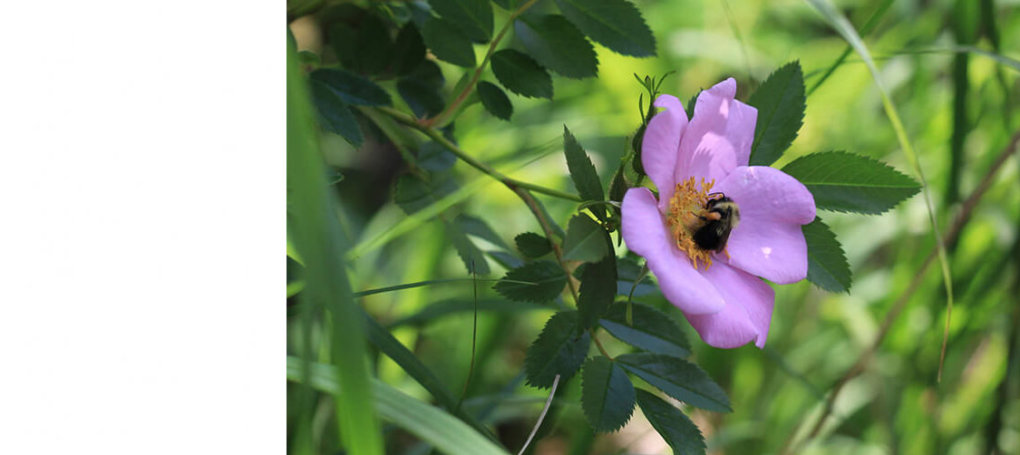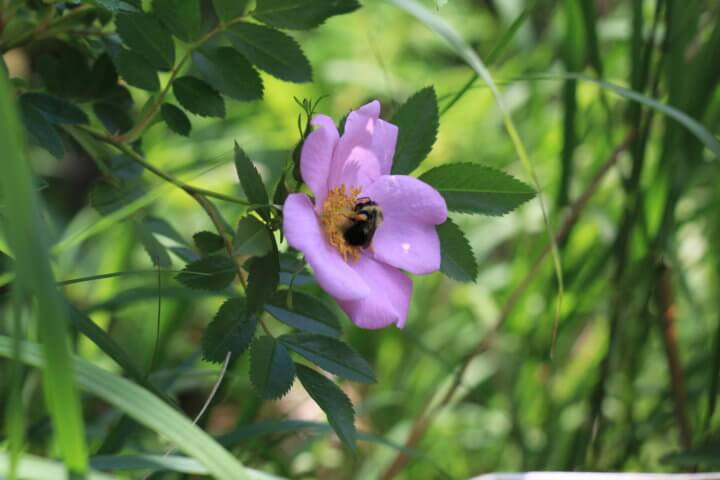A group of international scientists gathered in Ottawa today to say there is no longer any doubt that common neonicotinoid pesticides are killing bees.
The scientists with the International Union for Conservation of Nature released an update to their seminal 2015 report on toxic chemicals in pesticides, in which they reviewed more than 1,100 peer-reviewed research studies on neonicotinoids.
Neonicotinoids, also known as neonics, are pesticides commonly used in agriculture to help keep field crops and fruit orchards free from pests. Research suggests neonics can affect bee reproduction, growth and movement, and make them more susceptible to disease.
But Jean-Marc Bonmatin, of the French National Centre for Scientific Research, says it’s not just bees suffering from neonics, adding the pesticides pose a deadly risk to frogs, birds, fish, earthworms and more.
“Beyond honey bees, there are all the wild bees, all these pollinators and behind these pollinators there are some other invertebrates, the ones living in the soil, flying invertebrates, the ones in the water,” Bonmatin told the Globe and Mail. “There is no money in these invertebrates, however, they are giving a huge service to the quality of soil, to all the ecosystem services that we need.”
France banning neonics
France is phasing in a complete ban on all agricultural use of neonics as a result of research showing the chemicals’ toxic effects. The European Union doesn’t allow the three most common neonics on any plants that attract bees, and is considering extending it to more crops.
In Canada, Ontario began to limit the use neonics on corn and soybeans after the province’s bee industry recorded a staggering loss of 58 per cent of its honeybees in the winter of 2013-14. Quebec proposed similar regulations earlier this year and Vancouver and Montreal have both banned their use entirely within city limits.
Health Canada’s Pest Management Regulatory Agency has been studying neonics since 2012 and last fall came to the conclusion that one of them – imidacloprid – should be banned entirely as it can build up to toxic levels in surface and groundwater and can kill aquatic insects that are a good source of food for fish and birds.
The Agency is still looking at the other two most commonly used neonics and is expected to release initial findings in December 2018 and final decisions in June 2019.


